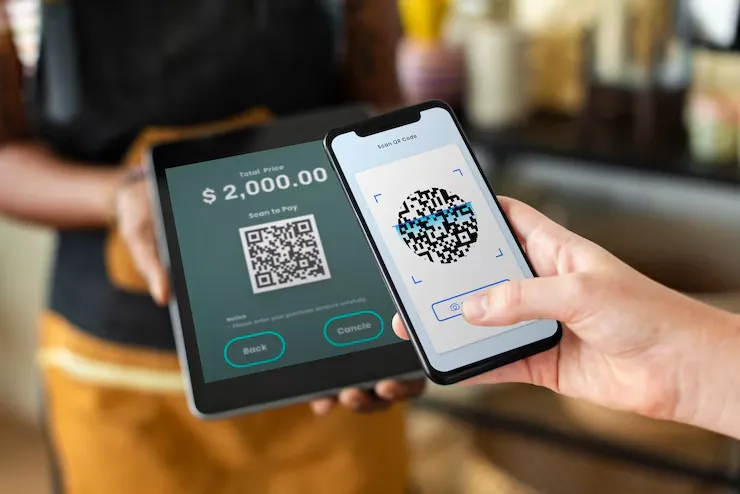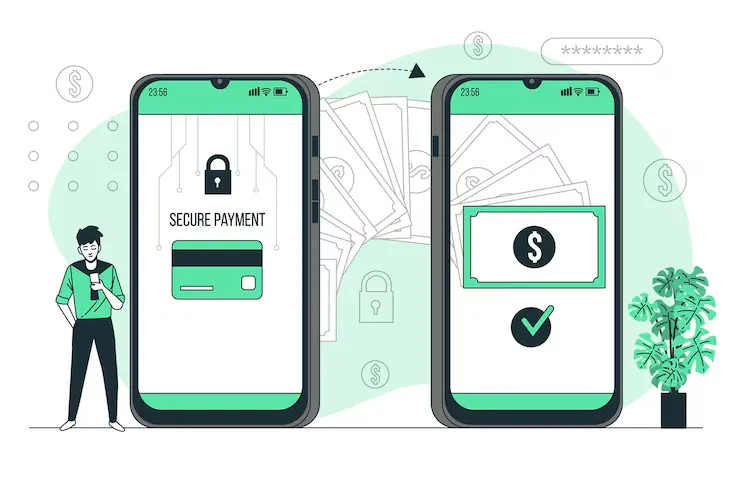Cash App users have been caught in a privacy storm. A new $15 million settlement has brought past data breaches and security oversights into the spotlight again. Millions of people trusted the app. Now, they’re asking: how safe is our money?
What Happened?
Between August 2018 and August 2024, Cash App suffered a major data breach. Hackers gained unauthorized access to user data including names, stock trades, and other sensitive details. This wasn’t just a tech glitch; it led to a nationwide class action and ultimately the Cash App data security settlement.
Cash App’s parent company, Block, is now paying a hefty price. Over $250 million in total penalties were handed down as part of the Cash App data security settlement, including payments to states and federal agencies. The central issue? Weak internal controls and a lack of fraud prevention systems.
Who Qualifies for a Payout?
If you used a Cash App during the affected period and experienced any type of fraud or unauthorized transaction, you might be eligible.
- Direct Losses: Claim up to $2,500
- Time Lost: Up to $75 (based on $25/hour)
The deadline to file a claim was November 18, 2024, but users are still advised to check their eligibility through the official settlement portal. Final payouts will likely be issued in late 2025.
Why It Matters
This isn’t just about money. It’s about trust. Cash App became popular for fast, simple transfers. But speed doesn’t mean safety. The breach has forced many to rethink their relationship with fintech platforms. To check your eligibility or learn more about the Cash App data security settlement, click here for official details.
When a financial app leaks personal data, it’s not just a bug it’s a threat. Identity theft. Fraudulent charges. Emotional stress. These are real consequences that millions now face in the wake of the Cash App data security settlement.

Privacy Is Your Responsibility Too
Companies must build secure systems. But you also play a role in guarding your information. Here’s how to start:
- Set up two-factor authentication on every financial app.
- Create strong, unique passwords and store them securely.
- Monitor your bank statements weekly for unknown activity.
- Never click unknown links from text messages or emails.
- Avoid sharing financial info on public Wi-Fi.
- Keep apps updated to avoid known security bugs.
- Limit personal data exposure on any app you use.
What Makes This Settlement Different?
Most tech settlements involve a silent payout and closed files. This one sparked a wave of accountability. Block’s payments to the Consumer Financial Protection Bureau (CFPB) and 48 U.S. states show how serious regulators are getting. It also shows that failing to act on fraud complaints isn’t just bad business, it’s illegal.
The penalties also include a requirement to improve how Cash App handles suspicious activity, user alerts, and verification systems.

What If You Missed the Deadline?
The deadline passed. But all isn’t lost. You should still:
- Review your Cash App account for unauthorized use.
- Freeze or close your account if suspicious activity appears.
- Contact Cash App support and request a security investigation.
- Monitor your credit reports through services like Credit Karma or Experian.
- Report any suspicious activity to your local data protection authority.
Real Stories, Real Impact
Emma, a college student from Ohio, noticed $300 missing from her account. Her Cash App was linked to her debit card. She hadn’t shared login details with anyone. “I just wanted to pay my roommate for groceries,” she said. That’s how fast data breaches go from digital to deeply personal.
Final Thoughts
The Cash App data security settlement is more than a headline it’s a warning. Digital wallets are here to stay, but trust must be earned and protected. If you were affected, check your eligibility under the Cash App data security settlement. If you weren’t, take this as a reminder: digital privacy isn’t optional it’s vital
Want peace of mind? Update your security habits. Stay aware. And remember: convenience shouldn’t come at the cost of your data.




